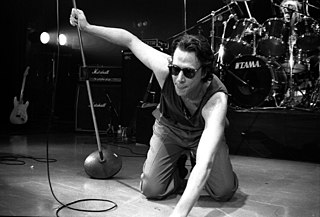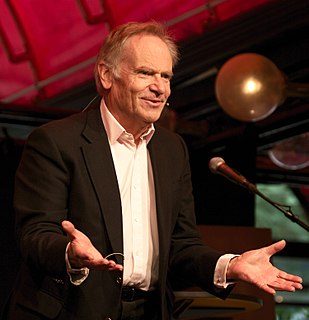A Quote by Min Jin Lee
A novel, especially a first novel, is... really an emotional autobiography. All these emotions I'm embarrassed at having had, I've written about.
Related Quotes
In the case of my second film The Fish Child (El Niño Pez), I had written the novel about 5 years before I made into a film. In the case of The German Doctor I had published the novel a year before I started writing the script, I even had another project to shoot. But I had this idea of the powerful cinematic language from the novel that I couldn't let go of.






































